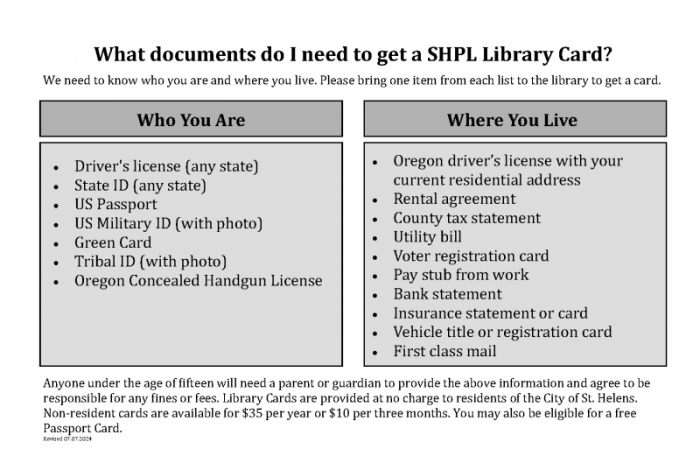The City does not have property line records in most cases.
1. The surest way to determine property lines is by checking with a licensed surveyor who can identify property corners.
2. You can also use the City’s Community Web GIS online to get a general idea of your property lines. Once you’ve entered the GIS, turn on the “Tax_Parcels” layer by selecting the box next to “Taxlots” and it will display the tax lot boundaries. Note that turning on the layer titled “Bing Aerial” may be helpful to identify key features on your lot, but it could be outdated or inaccurately aligned to the tax lot boundary layer. The City does not guarantee accurate information and is not liable to the customer for any errors using the Community Web GIS online tool.
3. If your property is part of a subdivision, a partition, or has been surveyed with a survey recorded with the County Surveyor, property corners should have been set. If this occurred fairly recently, you may be able to find the property corners in the ground. Newer property corners are usually iron rods capped with colored plastic. By looking at past plat maps or surveys, you may be able to see where the rods were placed in the ground. The Columbia County Web Maps tool online can locate past property surveys, plat maps, or tax lot maps.
Still have questions? Call us at 503-397-6272 or email our City Planner at jgraichen@sthelensoregon.gov.

